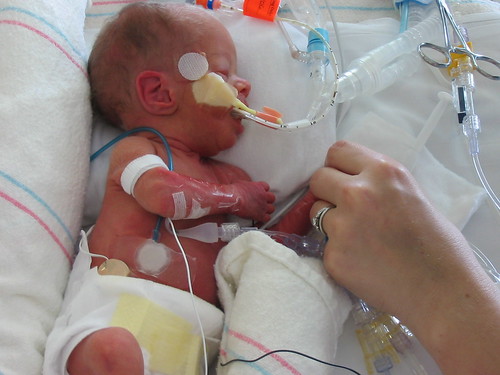Background
Microscopic organisms, microorganisms, and microbes for short, are all terms that encompass all organisms too small to see with the naked eye. Microbes, being as small as they are, pretty much keep the planet running. Some important functions of microbes on a planetary scale include breaking down pollutants, ensuring that the soil is fertile, and powering the Earth’s biogeochemical cycles (Falkowski et al 2008). We need all these external microbes to live, but we also need microbes in and on our bodies to live. You can view the human body as a planet and the microbes being the inhabitants. Just like the planet earth, the human body also has varying climates where certain species thrive. Microbial communities in the human body have their own community structure and function (Human Microbiome Project Consortium 2012). Continue reading “Early Colonization of Microbes by Mode of Delivery”

